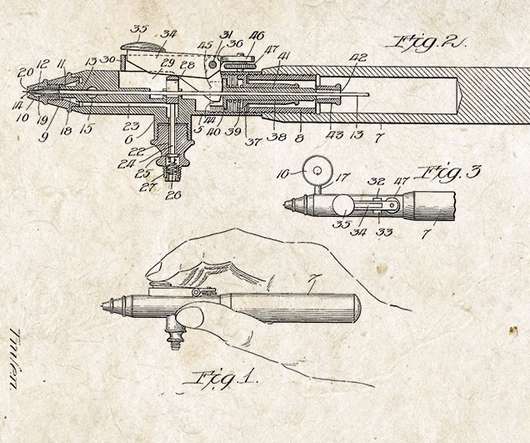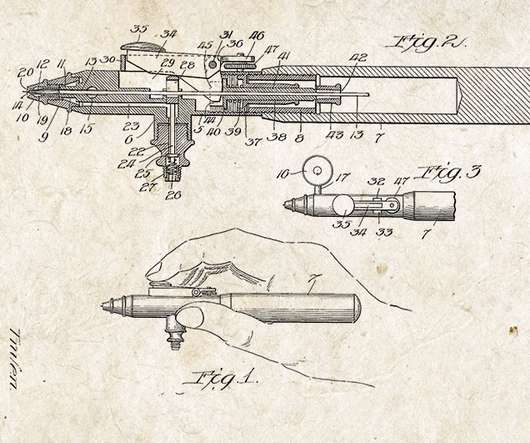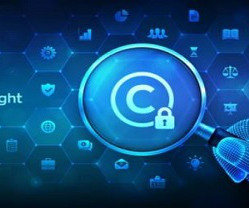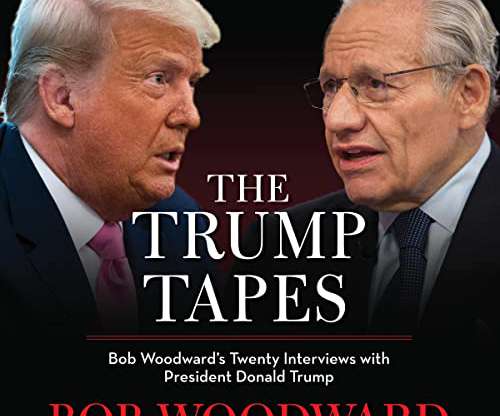Which Type of Intellectual Property Protection Do I Need?
Art Law Journal
JUNE 30, 2022
Take these two commonly heard phrases: “I need to copyright my company name,” and “I want to patent my new idea.”. If I had to guess, I would estimate that at least half of the people reading this article don’t know why those two statements are wrong. How To Win Big In a Copyright Infringement Case. Your Copy-Rights.












Let's personalize your content